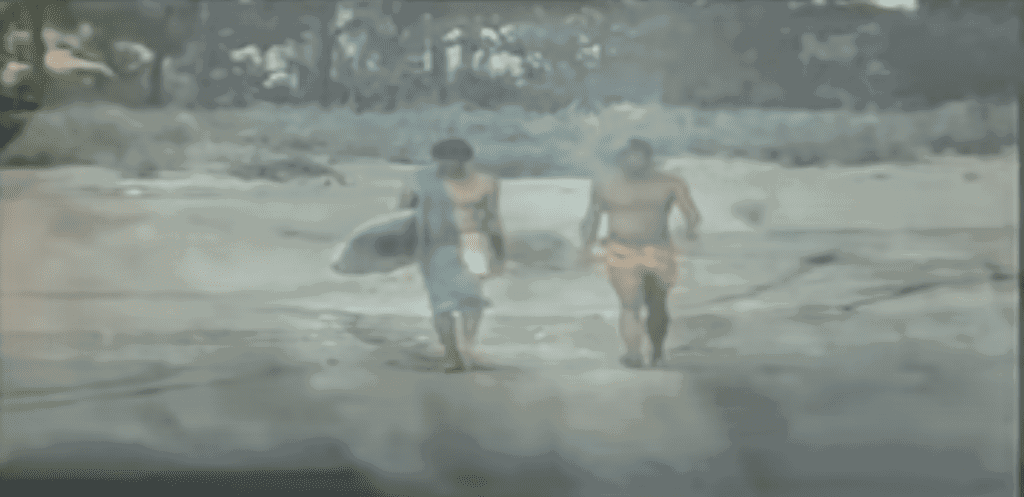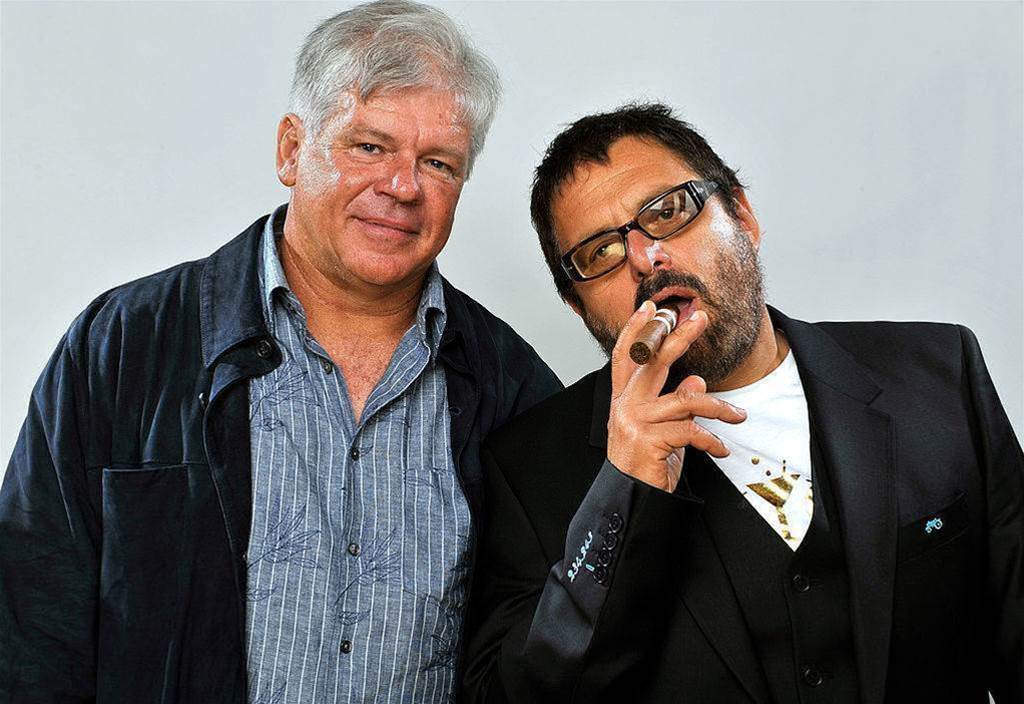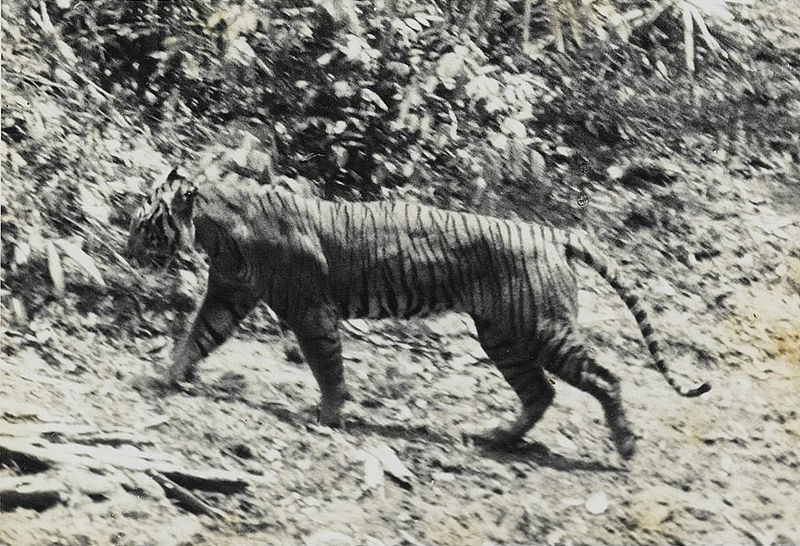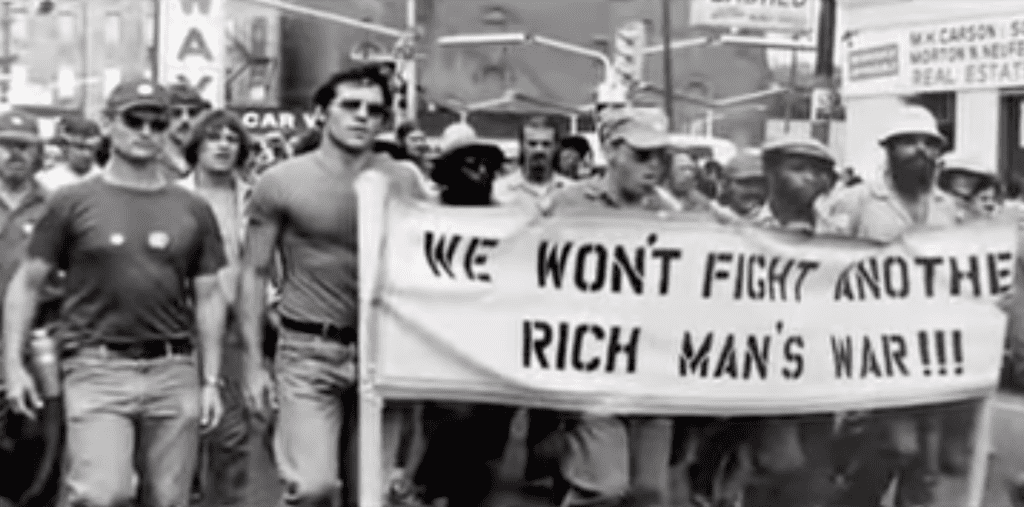What Happened To The Best Surf Film Ever Made?
Captain Martin Daly demystifies the conspiracies surrounding his and Michael Oblowitz’s Surfer Poll-winning “Sea of Darkness.”
This story was originally published in December 2017. We have republished it a week ahead of the first G-Land contest in over 20 years to give the CT venue the historical context and colour it deserves. We’re excited for the CT’s return to G-Land, not least because the last time it ran in 97′, there were fourteen 10-point rides in a single day before Luke Egan took top honours. For a deep dive on G-Land’s more recent history with competition, read here.
For years there have been rumors running around about how the surf industry had squashed releasing Sea of Darkness, Michael Oblowitz’s documentary on the founding of G-Land—the story of Mike Boyum, and the radical drug smuggling culture that more or less built the surf industry, and perpetuated countless discovery missions throughout Indonesia in the ’70s and ’80s, and launched the career of Captain Martin Daly of the famous Indies Trader.
Sea of Darkness won awards at pretty much every festival it was submitted, earned a Surfer Poll Best Documentary, and then swiftly vanished from public view, early screeners left to circulate on the parking lot black market. Many thought major players in the surf industry—some of the major brand’s founders and CEOs, who were involved in the film’s narrative to varying degrees of incrimination—had shut the film down, bought up the whole project and buried it.
While visiting California a few months back, meeting with Hollywood distributors regarding Sea of Darkness’ eventual wide release, Martin Daly took the time to clear the smoke around what many consider the greatest surf movie ever made.
Martin, thanks for taking the time. Catch us up on what you’ve been up to, and what’s going on with Sea of Darkness.
I’ve been really, really busy, with this place in the Marshall Islands. So I haven’t really focused on the film for the last three or four years. But, we signed an agreement with a pretty major production company to distribute it. This was about a year ago, now. And they’ve been sort of going through it, and we’ve been slowly sorting out their various requirements and chasing everybody down, making sure it’s all clear. Hopefully at some stage it’s going to be released.
So what happened with the film originally? I mean, I recall it winning just everything. You guys gave a pretty good speech at Surfer Poll.
Listen, it won every single festival we put it in. It was just Hollywood.
But the first version of the movie wasn’t cleared properly. I was worried that some of the content wasn’t really appropriate. So I had to go around and buy it, and clear everything. I didn’t want to release it the way it was.
What do you mean it wasn’t appropriate?
I was a bit taken by surprise by the whole thing. I didn’t make the film. It was done using my name to gain access to all these people. All my friends, you know? I was just a bit uncertain about the whole thing. We all do things in our youth or at different times in our life that we don’t want brought up thirty or forty years later. Good, bad, or otherwise. So I thought the best thing to do was to buy all the producers out and just sit on it and figure it out, get on with my life.

So what’s sort of guided your decision making around the film?
Personal reputation, and my general idea of right and wrong. People in the surf industry have supported me all these years. You know, like everybody else, way back in the late-’70s, early-’80s, it was a different time.
Did you feel like you were kind of throwing them under the bus, telling that story?
Well, yeah. Definitely. I had to think about it a bit, because there were people who’d trusted me over the years. And I trusted them. And here comes this Micheal Oblowitz guy coming and making a sensational story out of something that to me, really wasn’t that sensational.
Does it not feel like a Hollywood story to you? Like, it was mundane because you guys were just doing what you felt you needed to to keep doing what you were doing?
Well, I wasn’t really doing anything, for the first few years. My friends were. Most of them have died by now. But there were people who were reputable people, that got sucked into it, and they have wives and kids and families and lives, and they weren’t really doing anything anyway.

They were just sort of on the periphery?
Yeah, I mean, listen, we all had someone in our close group of friends who was an idiot, right? Just because we knew them, doesn’t mean we’re like them. And that’s what the movie is about, making choices. Life’s about making choices.
Yeah, in the film you can see how someone, with a certain personality, can sort of shift other people’s sense of risk or of right and wrong.
Absolutely, I completely agree. That was one of the reasons I got involved in the film in the first place. Because I was pretty upset about it, when I first saw it in Las Vegas. But on the other hand, Michael had been able to tell a really good story. You know one of the few really good stories.

Does it feel like a true story to you?
Yeah, it does. I really think it does. I’ve shown it to a few people that were there, and they were pretty emotional. The story of G-Land and Boyum and the first camp. It was the greatest story in surfing.
There’s plenty of heartbreak in it, too. Rasmussen’s story. First world-class surfer to come from New York City and he dies getting shot in a heroin deal? I mean, the footage of that guy surfing low tide G-Land is some of the most incredible surfing of that time period. There’s so much tied up in the film, just the issues with the image of the surf industry.
Yeah, but to be honest that’s one of the reasons I’ve been hesitant. It was sent to film festivals and various people in the surf industry that made promises, and were given screener copies and they made copies and there you go. Some of the versions that got copied weren’t properly cleared.
Yeah, I think some have been bit conflicted, I’m sure. But no one said it was bullshit. And now, you know, ten years later they’re looking at it and going, “Ah, fuck it.”

Doesn’t that seem like the right attitude? I’ve never understood the need to sweep that part of the era under the rug. Don’t romanticize it, but don’t pretend it didn’t happen. What are people worried about? America has Jimmy Buffet as the official spokesperson for smugglers. It was the ’70s. It was a different time.
For a lot of people, it was just a great adventure. It wasn’t bad. You’d walk into a party and some one would ask you, “Oh, what do you do?” “Oh, I smuggle pot.” And you’d start from there. That was before you had cocaine and Scarface. Where it became a criminal enterprise. Instead of an anti-establishment adventure.
But you need to understand: you live in a different culture there in America. You’ve got shops down the street with big green crosses on the front and you can go in and buy marijuana in 2017. I live in Indonesia. You go to jail for twenty years for a half-gram of pot. The reality for you guys in California is different from other people.

The stakes definitely seem like they’ve gotten higher since, say, those first few years at G-Land. Hash and pot were one thing, but it seems like that changed a lot by the time the mid-’80s rolled around.
Well, in those days it was pot and heroin. Cocaine was a new thing. But heroin was what caused all the grief. Some of our greatest surfers have been killed from heroin. Or opiates.
So what do you think of the conspiracy theories surrounding the film?
Everyone thinks it’s some deep, dark thing. That we can’t release Sea of Darkness because everyone’s trying to kill us. [Laughs] It’s not true. I’ve just been on the Marshall Islands.
It’s not an urgent thing. It’s been nine years since it was shot, and I think it’s pretty timeless. I have quite a bit of money tied up in it, and I’d love to get it back.
I get approached all the time, “Oh, you’ve got to do a tv series,” or “You’ve got to do a book.” Listen, that’s not my business. I’m in the surf business.
It’s been a conflicting thing, having $500,000 tied up in this thing. Because I like to work with credible people. And I’ve come to LA three or four times to deal with all these Hollywood people, and God. Damn. What a bunch of fuckwits those guys are. All these bottom dwellers.
But we’re dealing with contentious things here. The final cut, it doesn’t do any damage to anybody, and it tells a great story. It’s like that book Thai Stick. That’s really sterilized. There’s nothing contentious in there at all. The most contentious thing about that book is what they didn’t say.
With the film, I sort of said, Let’s talk about people who are dead or convicted. Don’t do anybody harm. That’s my real intent. And that’s the principle reason why it took so long.














Comments
Comments are a Stab Premium feature. Gotta join to talk shop.
Already a member? Sign In
Want to join? Sign Up